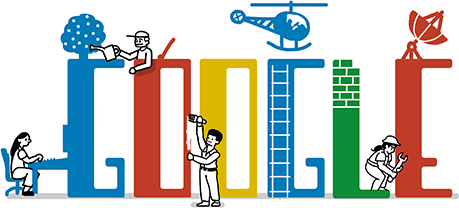SAVE THE CHILDREN {SAIDIA WOTOTO}

Africa
Click on a country to learn more
Angola
When Angola's 27-year long civil war came to an end in 2002, the people of this southern African nation faced a long and difficult road back to recovery. Save the Children's first priority was to offer emergency assistance in the form of health care and food to thousands of people uprooted from their homes by the violence. Now we've turned the corner from relief to recovery, helping families rebuild their communities, farms, roads and schools in two large provinces. Read More
Burkina Faso
The people of Burkina Faso, like their neighbors in Mali, occupy the semi-arid Sahel region of western Africa. With virtually no access to education — only 36 percent of the nation's children are enrolled in primary school and the national literacy rate is a mere 13 percent — Save the Children's program activities in education and health services are critical. Save the Children integrates activities in education and health, services to reach the maximum number of children with basic quality education, health and nutrition programs at village-based schools. This combination has had such a positive impact on the health of local children that the national government signed a contract with Save the Children to expand the program to more than half of Burkina Faso's 45 provinces. Read More
Ethiopia
Save the Children has been a significant presence in Ethiopia since 1984, when we arrived to provide life-saving food, water and health services for over half a million people devastated by famine. Today, our programs have grown significantly to meet the persistent challenges that confront Ethiopia, one of the world's poorest countries. Our work focuses on its chronic poverty and food insecurity, the poor health of the general population, a growing HIV/AIDS crisis and a substandard education sector. Read More
Guinea
The two extremes of Save the Children's work make a striking contrast in Guinea. Building on seven years of experience in this small West African country, Save the Children promotes community involvement in local health and development initiatives in 263 villages (pop. 364,000). Encouraging girls education is a priority in Guinea as it is in other African nations, along with improving the quality of basic education and keeping thousands of children in attendance in primary schools. Village health committees are vital to rural health programs, and function to promote maternal health and care for children under age 5. Save the Children backs up this system with training in family planning, support for childbirth and newborn health, as well as strengthening preventive health care. Read More
Malawi
For nearly 2.7 million people in Malawi, extreme poverty is reflected in every aspect of their lives, beginning with the inability to meet daily food needs. Nearly half of children under age 5 are stunted in their physical development. Save the Children provides supplemental feedings for severely malnourished children and distributes food in regions affected by periodic food shortages. However, Save the Children has undertaken a comprehensive approach to Malawi's chronic poverty. Read More
Mali
In the vast region known as the Sahel that covers most of this western African country, life expectancy is about 49 years, literacy is low, and rural families live on what they can raise from small herds of cattle, goats and subsistence farms. They are among the poorest of the poor, cut off from the big cities and lacking the resources to break out of rural poverty. Read More
Mozambique
While Mozambique has made significant strides towards development in recent years, it still has one of the lowest life expectancies in the entire world. Save the Children's programs focus on extending the reach and quality of agriculture, health, micro-credit and educational services into rural areas, which lag sorely behind the rest of the country in reaping the benefits of Mozambique's rapidly growing economy. Read More
South Sudan
Before the current conflict in Darfur — in western Sudan — South Sudan was the scene of the worst fighting during the country's three decade-long civil war. Save the Children opened a separate office in South Sudan in November of 2000, to focus on the specific needs of this area, which has some of the worst socio-economic indicators in the world. Read More
Sudan
Save the Children has a huge challenge in Sudan, given that relentless civil wars, crop failures, cyclical drought, lack of social and economic services, high mortality and poverty all conspire against children and families in Africa's largest country. An estimated 4 million people in Sudan are displaced or living as refugees; many lack even basics like clean water or food. Save the Children's primary task is to provide help in the form of emergency/disaster relief. But our work in Sudan doesn't stop there. Read More
Uganda
Since 1999, Save the Children has worked in several districts in Uganda to bring improved health and food security as well as learning opportunities, life skills and HIV/AIDS education to both children in need and their families. Read More













